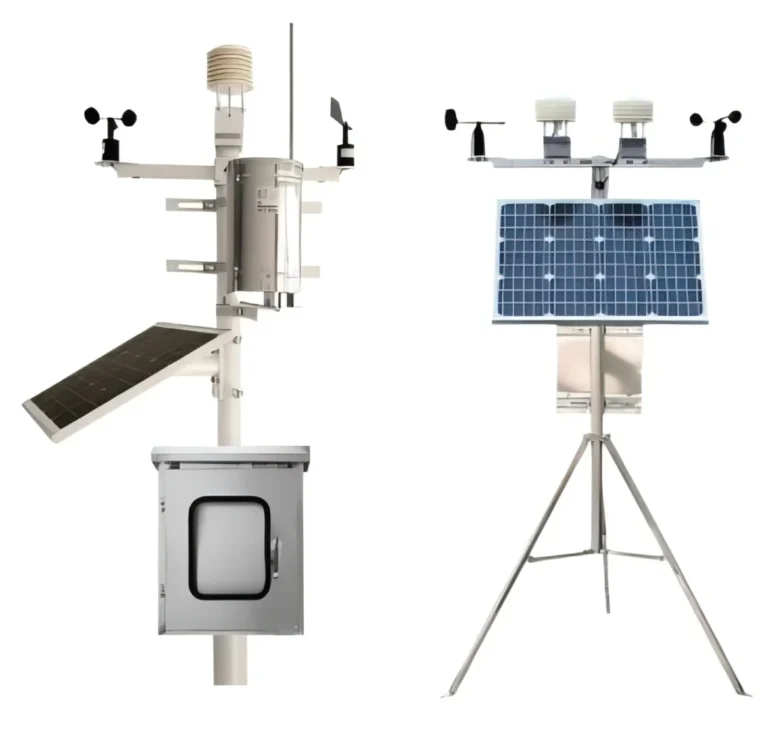Fiberglass Pool Stain Removal & Prevention
Fiberglass pools are beautiful, durable, and often require less surface maintenance than other types of pools. However, there is one common problem that can happen no matter what material your pool is made out of, and that’s staining. In this article, we discuss some of the causes of fiberglass pool stains and how to prevent the pesky blemishes from returning.
Fiberglass Pool Stains 101
I really like the fiberglass pool surface. One of the advantages of a gel-coated fiberglass pool is that it isn’t porous like a plaster pool, and doesn’t become etched and rough. No pool toes, fiberglass is smooth and less susceptible to algae growth and stains because it’s super slick. Nonetheless, gel coat can stain easily.
Stains don’t just happen
There are several causes of stains for a fiberglass surface just like any pool surface. Top of the list are imbalanced chemicals or minerals, high levels of metals or foreign objects can all stain the pool. In my pool, one of the main causes of the bathtub ring around my pool was oily swimmers and sunblock.
Water balance is important
Daily testing can help maintain the optimal water balance. It is best to have a pH balance at 7.2-7.4, and the total alkalinity needs to be at 80-100 parts per million. Maintain your chlorine at or above 1 ppm and the calcium hardness at 200 to 400 ppm. If any of these numbers get out of line, stains can develop. Simply restoring balance to your pool water’s universe is the easy way to prevent pool stains.
How to Remove and Prevent Fiberglass Pool Stains
Waterline stains
Rust stains
Dirt & organic stains
Waterline stains:
Before you ban your swimmers from applying sunblock, the bathtub ring can be removed with Clean & Perfect enzyme cleaner to dissolve it before your eyes, naturally. To prevent bathtub rings, try Pool Magic, to remove oily gunk from the pool – it really works! You can also use Comet® cleanser and a kitchen sponge.
Rust stains:
Directly scrubbing rusty or crusty stains with a stain eraser works great, but you can also use a Culator Metal Eliminator. It’s non-toxic and works on well water to actually remove metals from the water, like a sponge. Works with mineral purifiers and copper algaecides, too!
Dirt stains:
If your fiberglass pool has an all-over dirty dullness, ascorbic acid is a great way to safely acid wash your fiberglass surfaces, without draining the pool. Closely follow the instructions when using ascorbic acid, as your pH and alkalinity may need adjustment. Natural Chemistry’s Stainfree is a natural Vitamin C product (ascorbic acid) that gently cleans fiberglass pools.
Organic stains:
Leaves, worms, branches. Running your filter system longer and more frequently during the early swim season while the air is heavy with pollen and tree debris will help to prevent stains from forming on a fiberglass pool surface. In addition to clean water, keep the pool as clean as possible. After heavy storms, remove the big stuff carefully, so sticks don’t get dragged around by a pool cleaner. Again, proper pool chemical balance and sufficient sanitizer is very important.
Identifying the source of the stain is the beginning of recovering your impeccably clean fiberglass pool surface. Once you know the cause there are many simple ways to prevent and remove fiberglass pool stains.
Keyword: Buy 3 inch chlorine tablets
